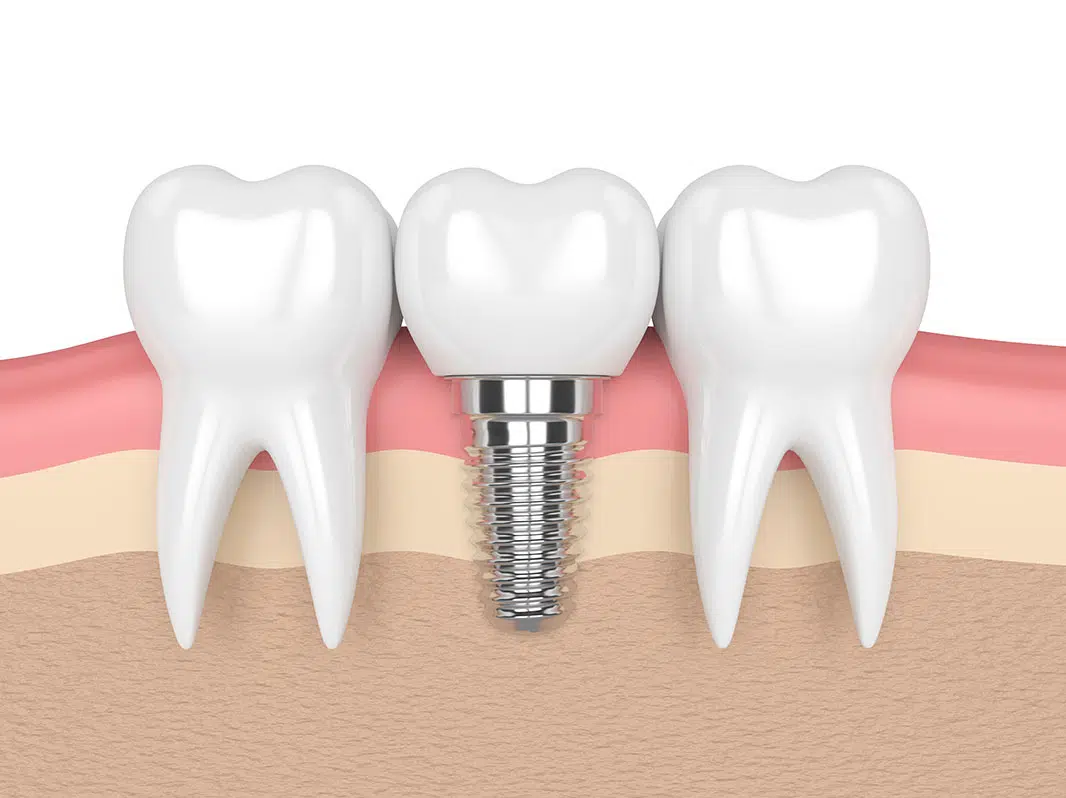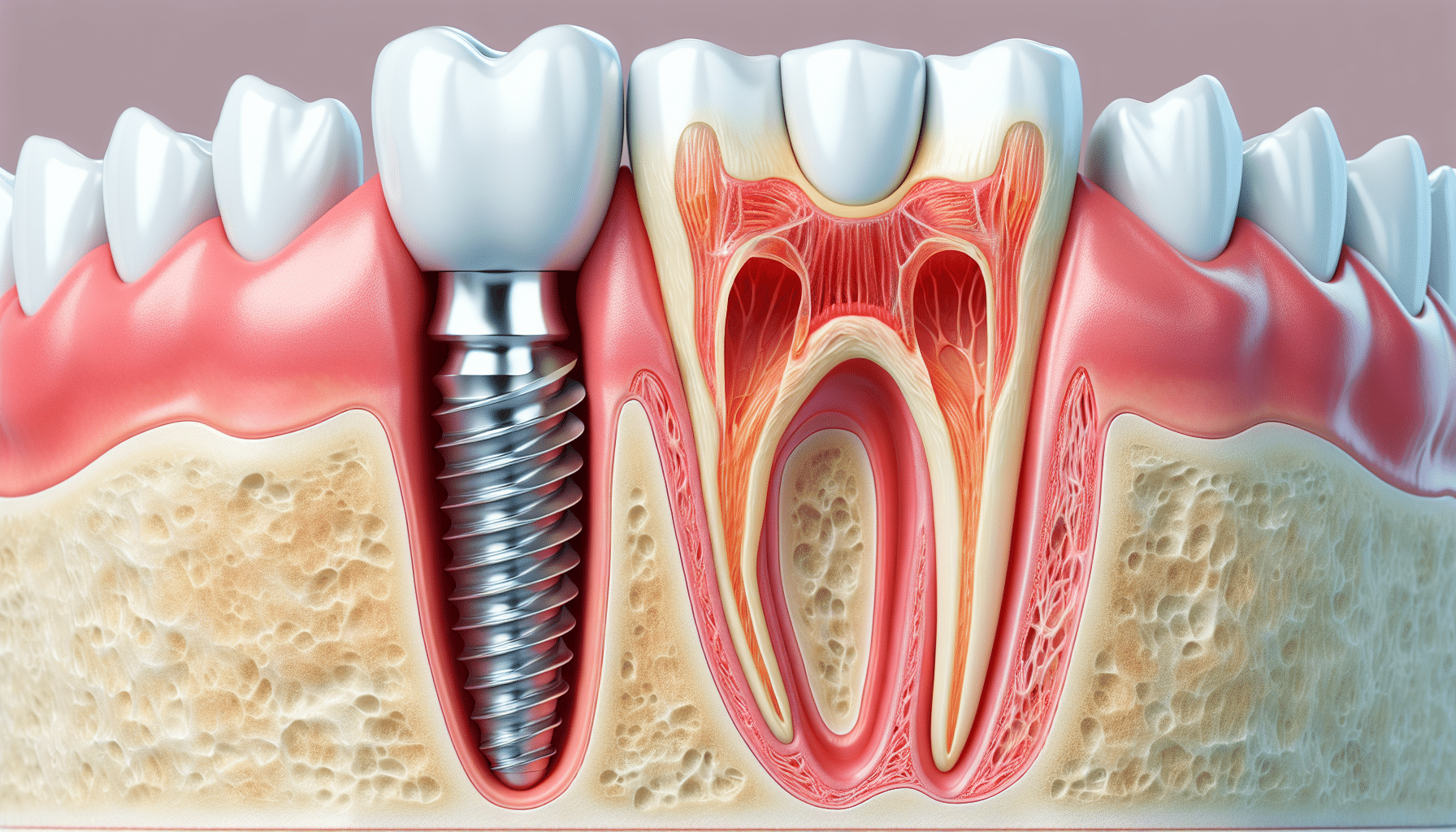In recent years, dental implants have emerged as one of the most effective solutions for individuals struggling with missing or damaged teeth. Unlike traditional dentures or bridges, dental implants provide a lasting and natural-looking result. But what exactly happens in a dental implant clinic? How do these clinics operate, and what can you expect during your visit?

This article delves into various aspects of dental implant clinics. We will explore the selection process for choosing a suitable clinic, what procedures and technologies are involved, associated costs, the importance of consultation, and recovery expectations. This comprehensive guide aims to answer your questions, demystify the process, and provide insights to help you on your journey to a healthier smile.
Selecting the right dental implant clinic is crucial for a successful outcome. Begin by researching clinics in your area. Look for credentials, licenses, and reviews from patients. It’s essential to choose a clinic with experienced oral surgeons or dentists specializing in implantology. Ensure they utilize modern techniques and technologies. Many clinics offer free consultations; take advantage of this to gauge the dentist’s approach and expertise.
Consider clinics that have a proven success rate with implants. Ask about the number of procedures they perform annually. A high volume of surgeries can indicate experience and reliability. Additionally, evaluate the clinic’s atmosphere. A welcoming environment can ease anxiety and make your visits more comfortable. Don’t hesitate to seek recommendations from family or friends who have undergone similar procedures.
The process of getting a dental implant involves multiple stages. Initially, a thorough examination is conducted, often supplemented with imaging tests like X-rays or 3D scans. This helps determine if you are a suitable candidate for the procedure. Factors like bone density and oral health play significant roles in this decision.
Once you’re cleared for surgery, local anesthesia is administered to manage pain. The dentist will then place a titanium post into the jawbone, simulating the root of a missing tooth. Over the following months, the bone fuses with the implant, a process known as osseointegration, which is critical for stability. After this healing phase, an abutment is attached to the implant, followed by the placement of a custom-made crown, giving you a complete, functional tooth.

The cost of dental implants can vary widely based on several factors, including geographic location, the dentist’s experience, and the complexity of the case. On average, a single dental implant can range from $3,000 to $4,500. This price typically includes the implant, crown, and necessary procedures like extractions or bone grafts if required. It’s vital to keep in mind that while an implant may seem expensive upfront, they are designed to last many years, often decades, making them a cost-effective solution in the long run.
Many dental insurance plans do not cover implants fully, but some may cover parts of the procedure. Therefore, it’s essential to consult your insurance provider to understand your benefits. Additionally, many clinics offer financing options or payment plans, making dental implants more accessible for patients.
The consultation phase is a pivotal moment in your dental implant journey. During this initial appointment, your dentist will assess your overall oral health and discuss your expectations, concerns, and any medical conditions that may affect the procedure. This is also the time for you to ask questions about every aspect of the surgery.
A detailed treatment plan will be outlined, including timelines and all associated costs. Utilizing this opportunity to understand the procedures, possible risks, and recovery process is crucial. Clear communication helps both the patient and the dental team establish mutual trust, which is essential for a successful outcome. If you have doubts or feel uncertain, don’t hesitate to seek a second opinion. It’s your right to ensure you make an informed decision.
Post-surgery recovery is generally straightforward but varies from person to person. After the placement of the dental implant, patients may experience swelling, bruising, or discomfort around the surgical site. Pain management can be effectively achieved with over-the-counter medications, as prescribed by your dentist. Following the personal instructions given is crucial to ensure proper healing. A soft diet is usually recommended for the first few days to avoid placing pressure on the surgical area. Oral hygiene remains paramount even after the procedure, so maintaining cleanliness around the implant site is essential to prevent infection. Follow-up visits will help the dentist monitor your healing progress. The integration of the implant into the jawbone can take several months, but with proper care, healing is typically smooth. Patients can expect fully functional and aesthetically pleasing results once the recovery phase is complete.
Understanding dental implant clinics is essential for anyone considering this dental solution. By choosing the right clinic, being informed about the procedure, and planning for costs and recovery, patients significantly improve their chances of a successful outcome. The various stages, from consultation to recovery, play a vital role in this journey. Doing thorough research and asking direct questions will empower patients as they navigate their journey towards regaining their smile. The path to dental implants may seem daunting, but with the right knowledge and support, it can lead to a renewed sense of confidence and well-being.
